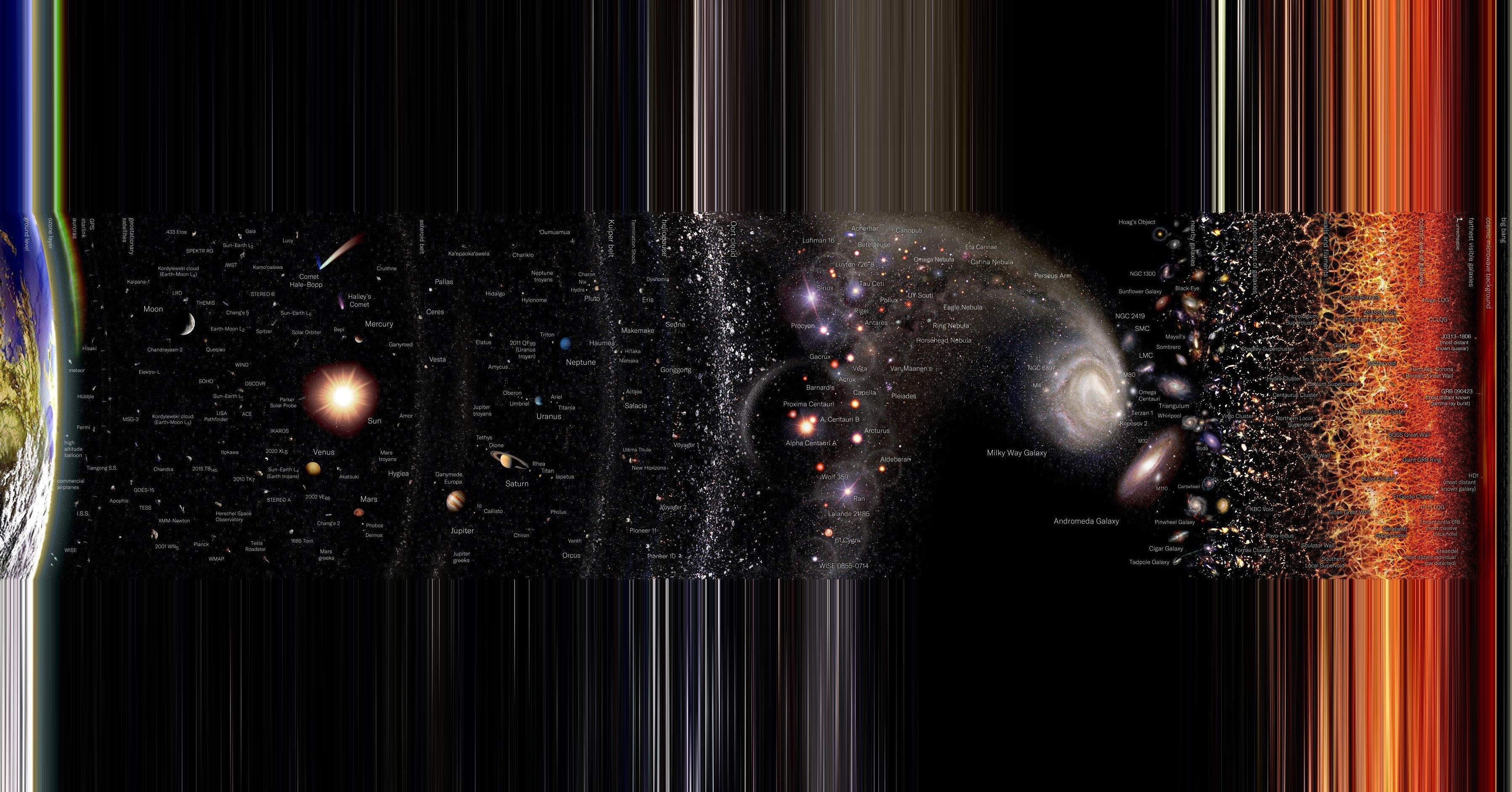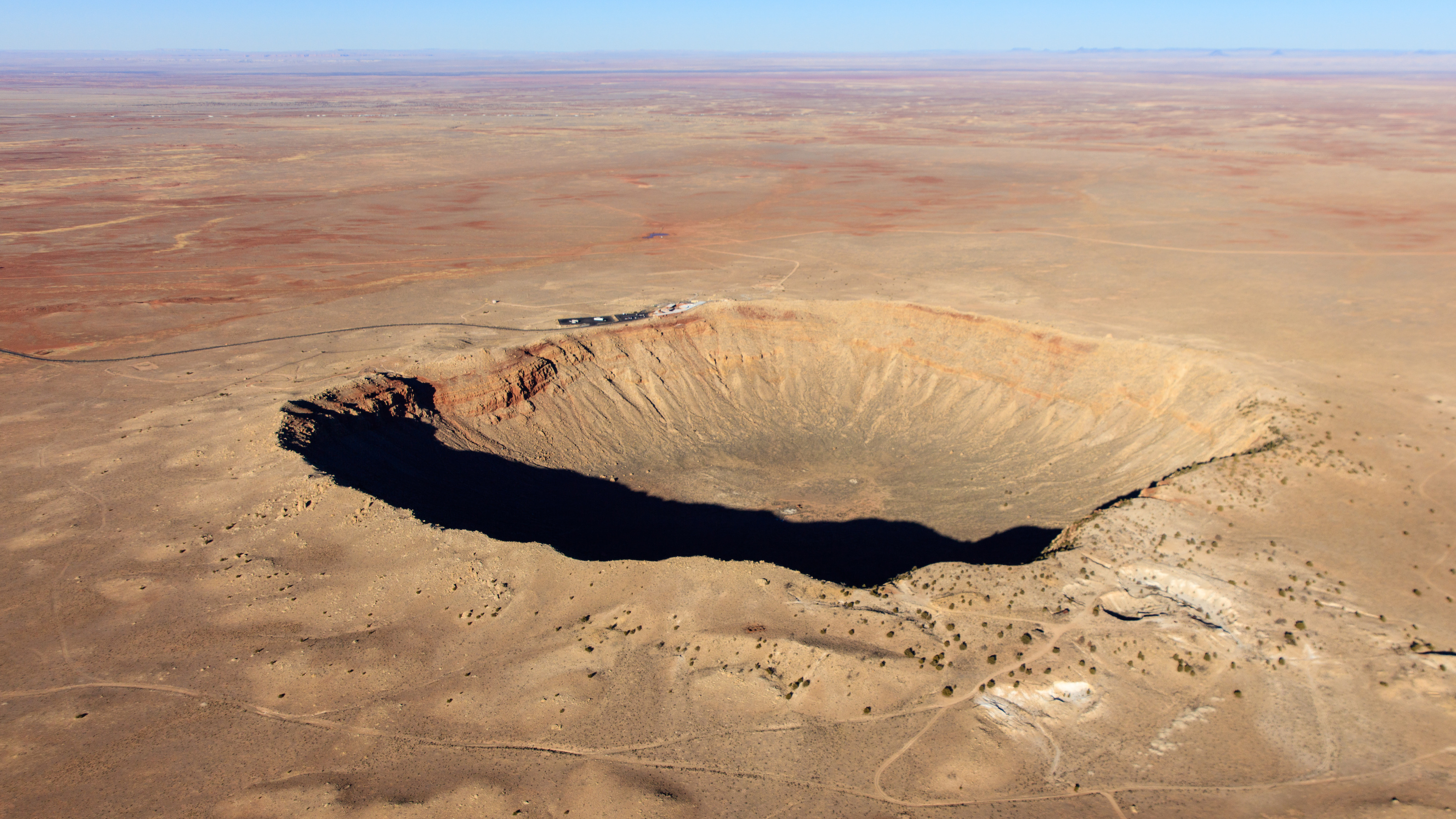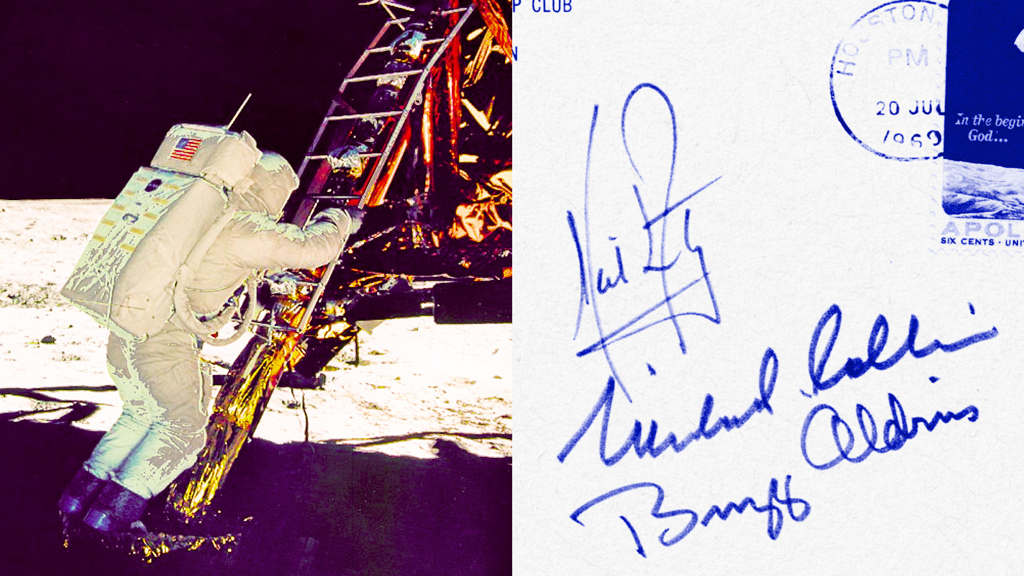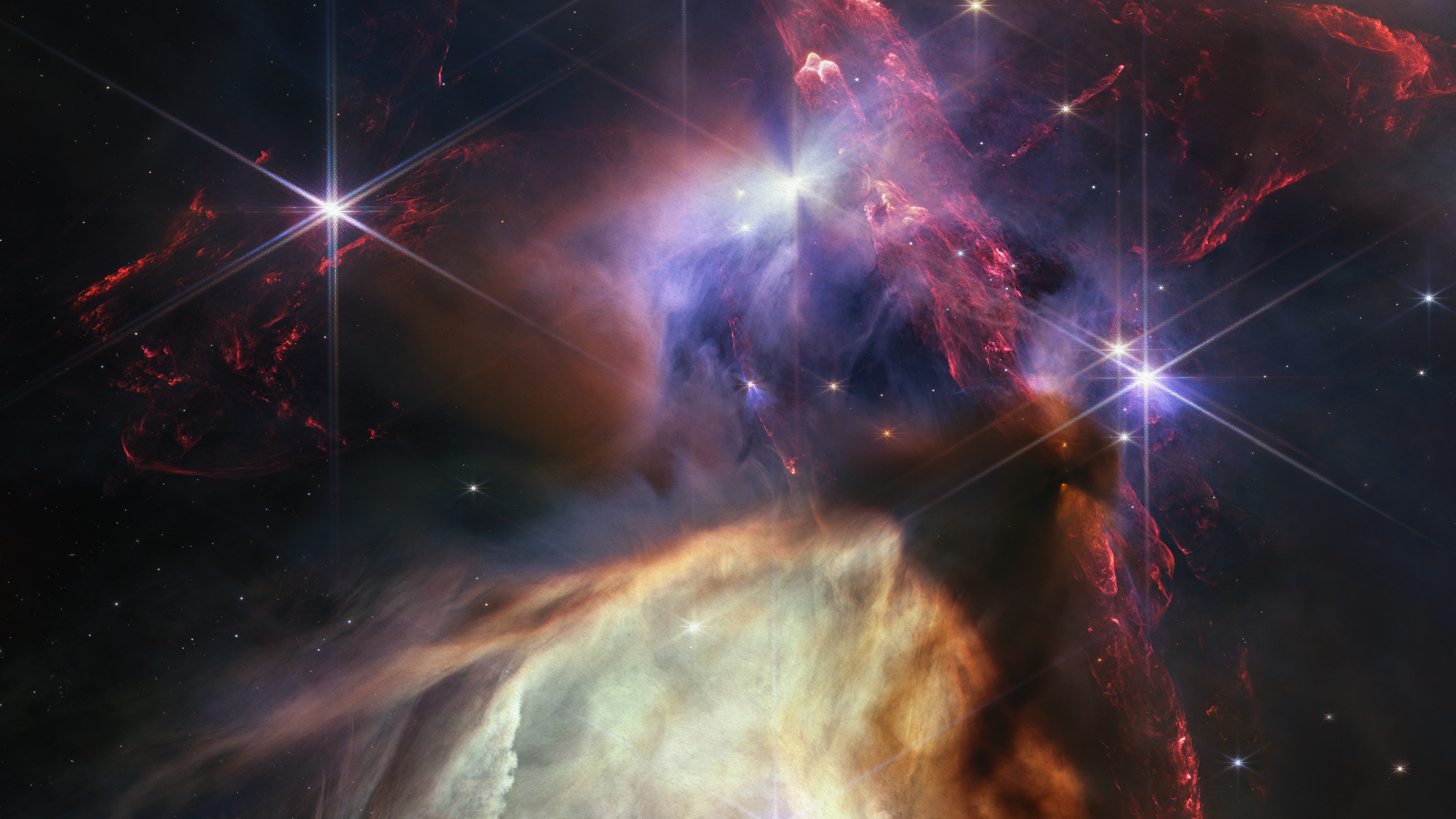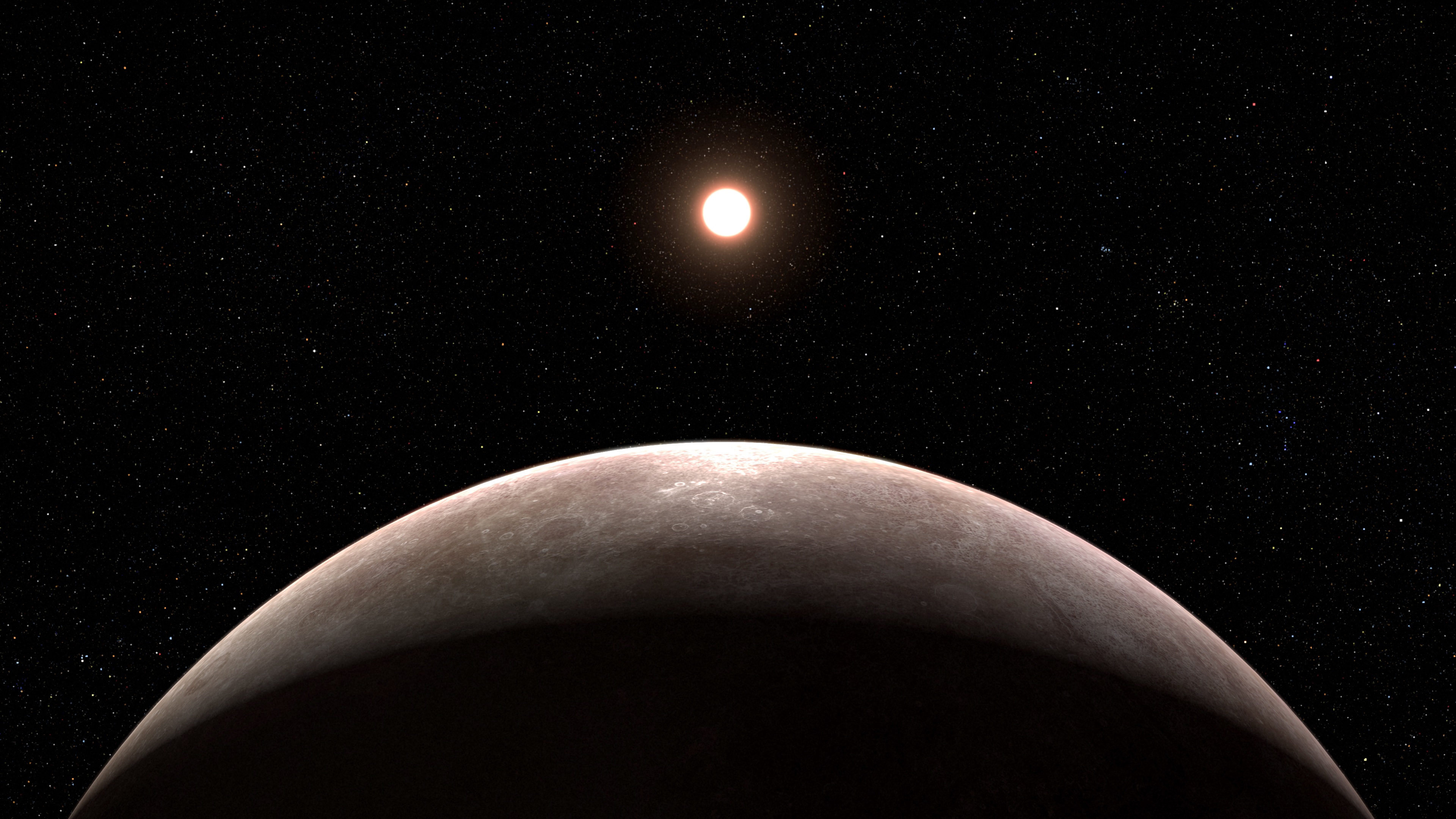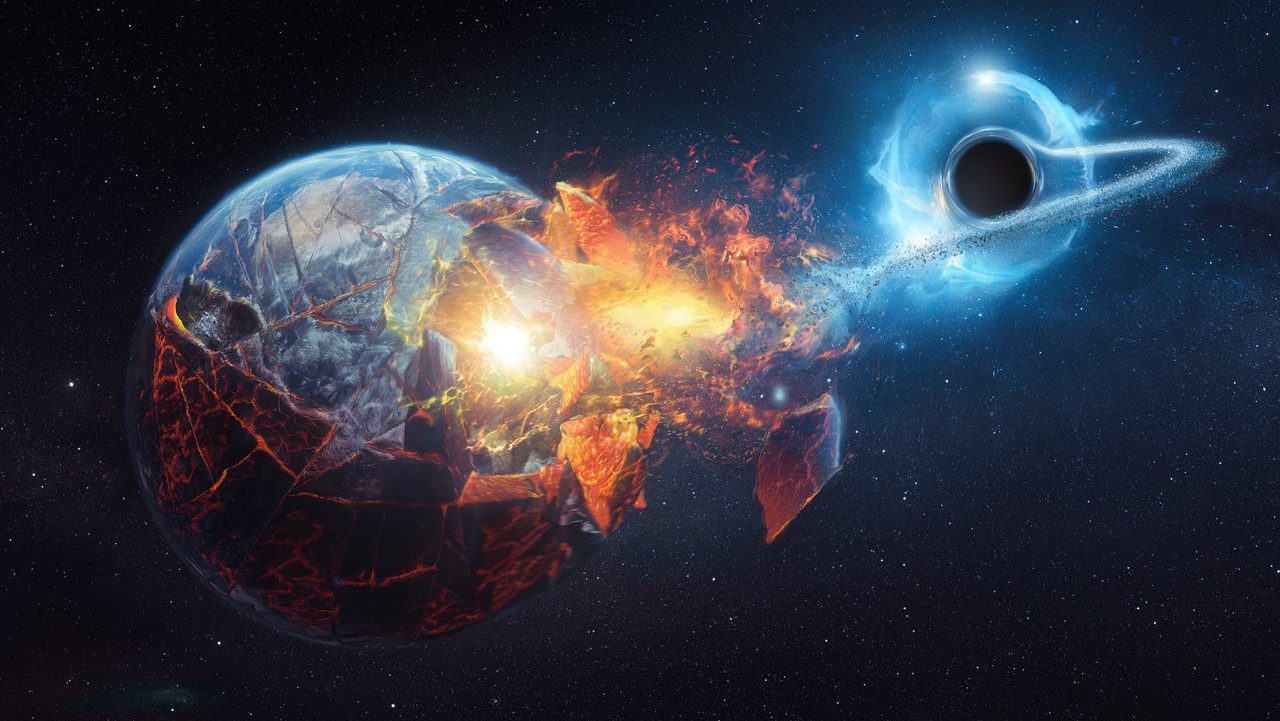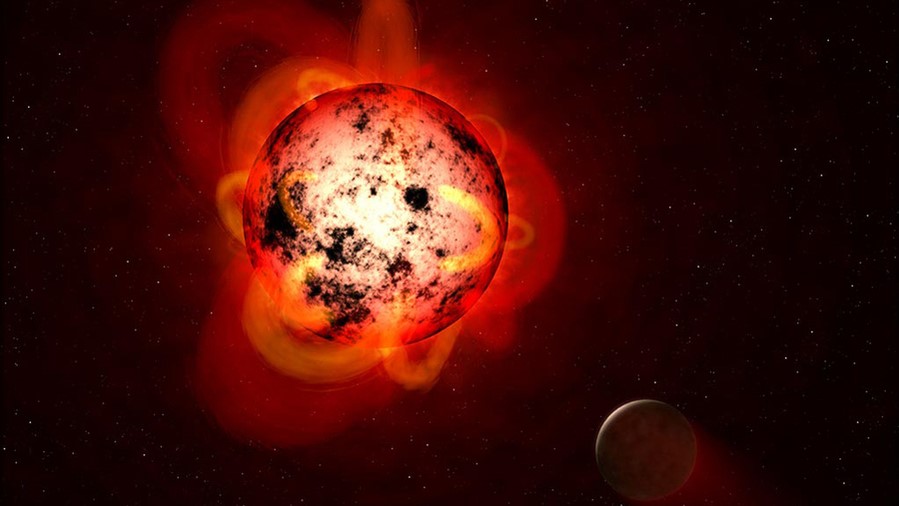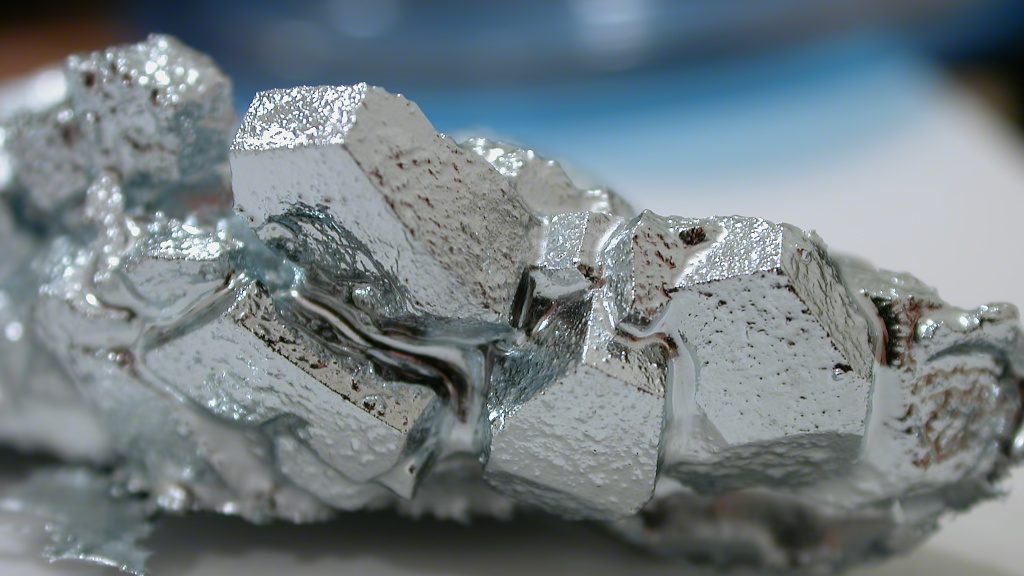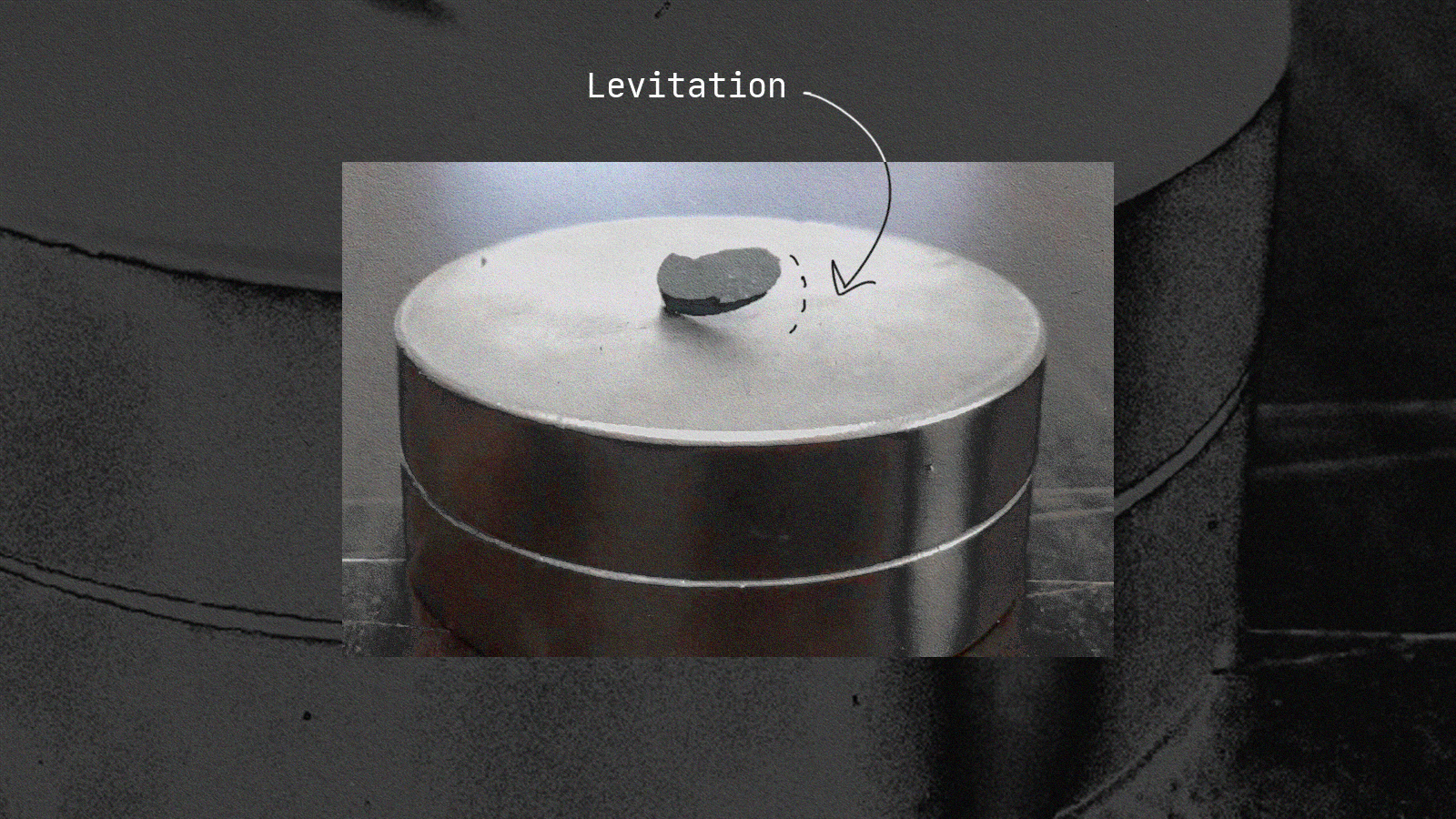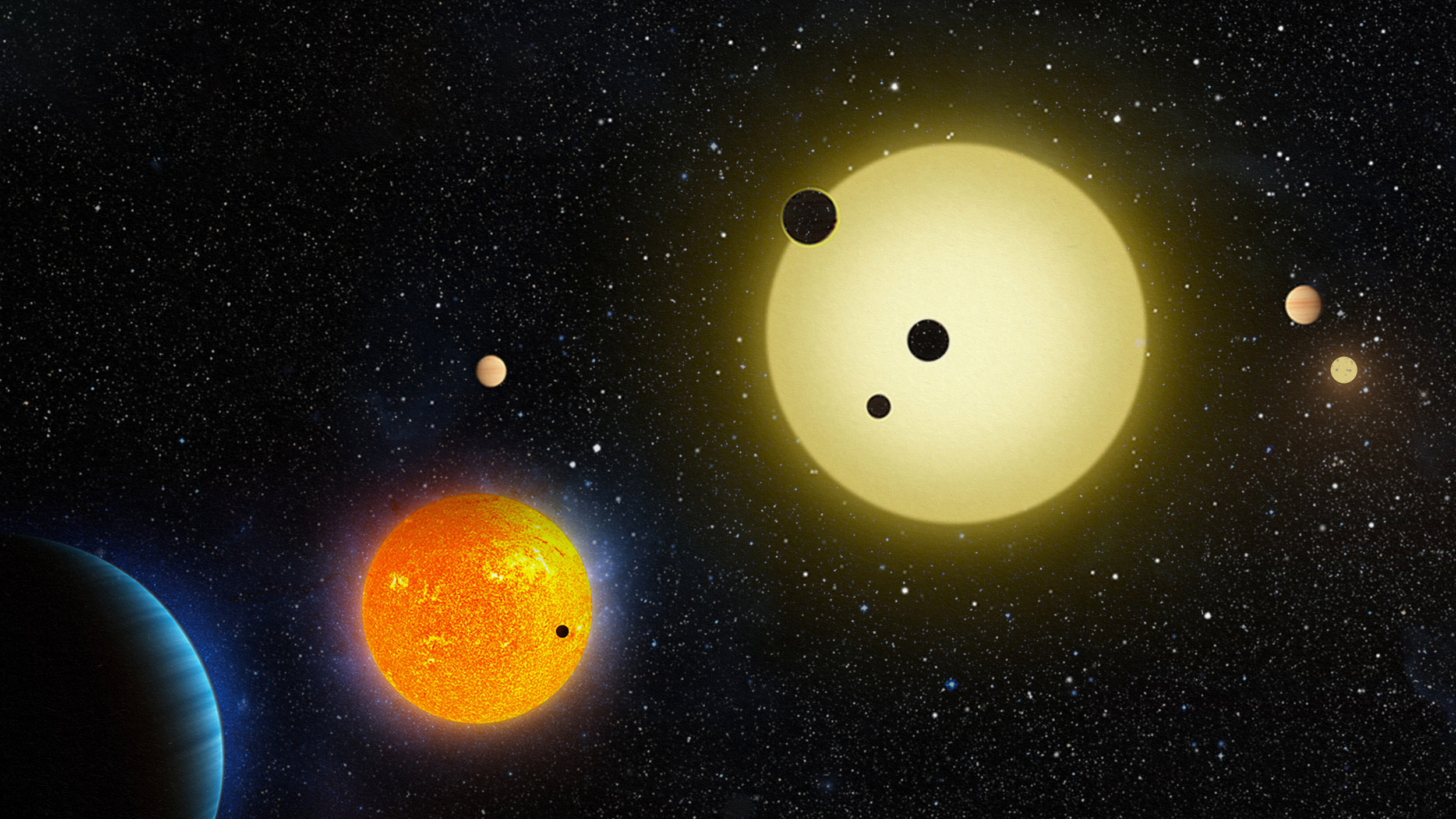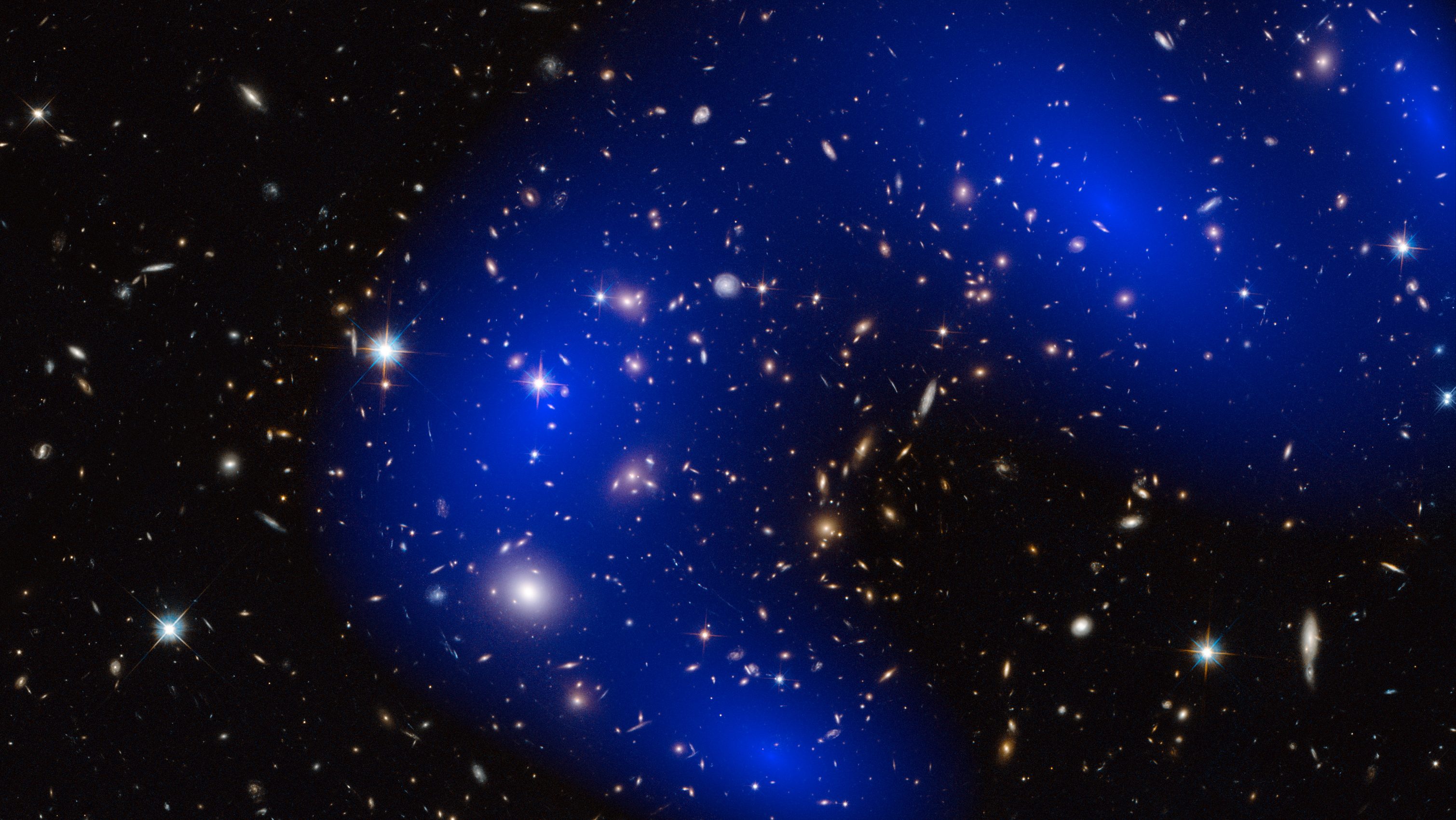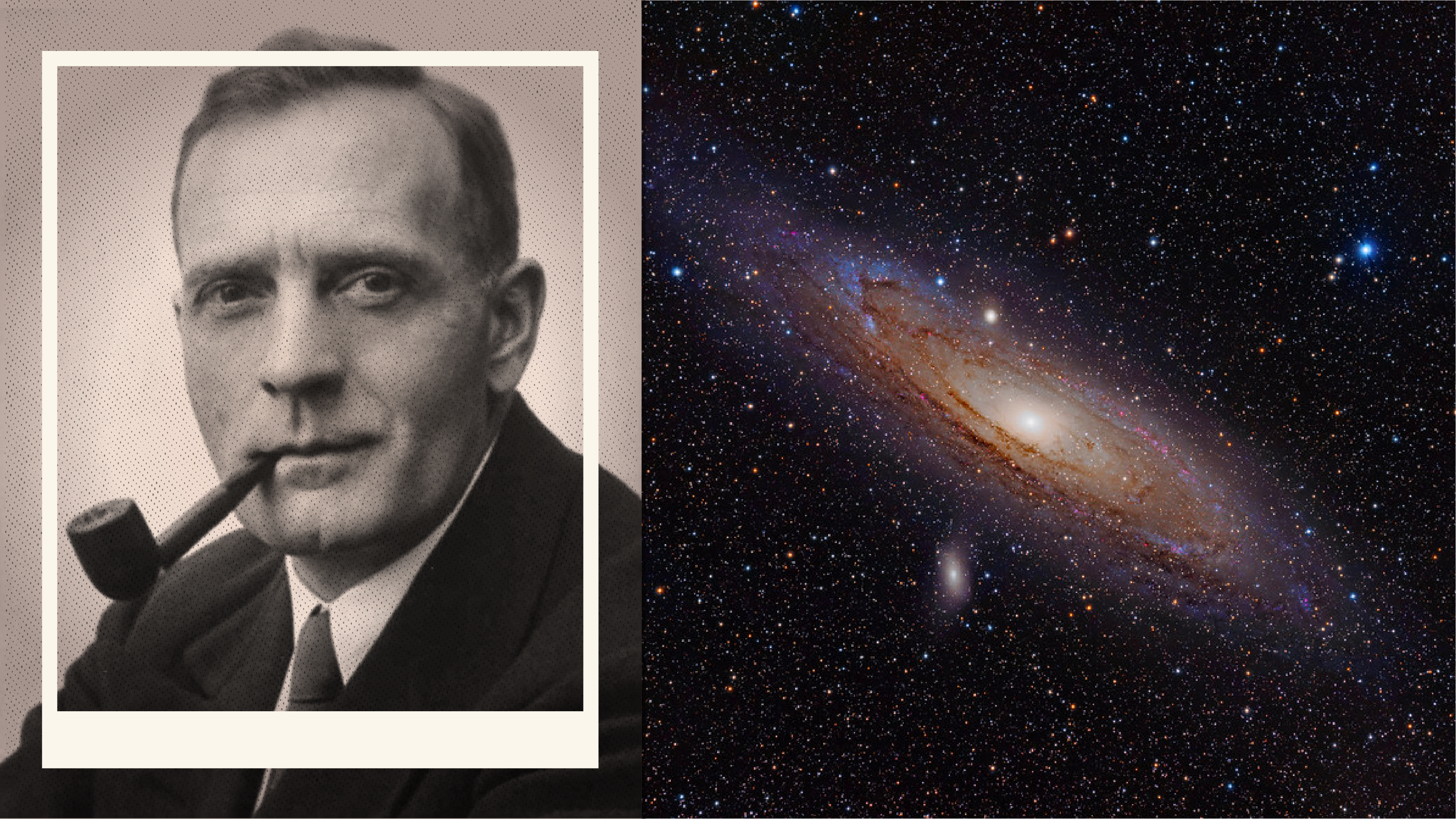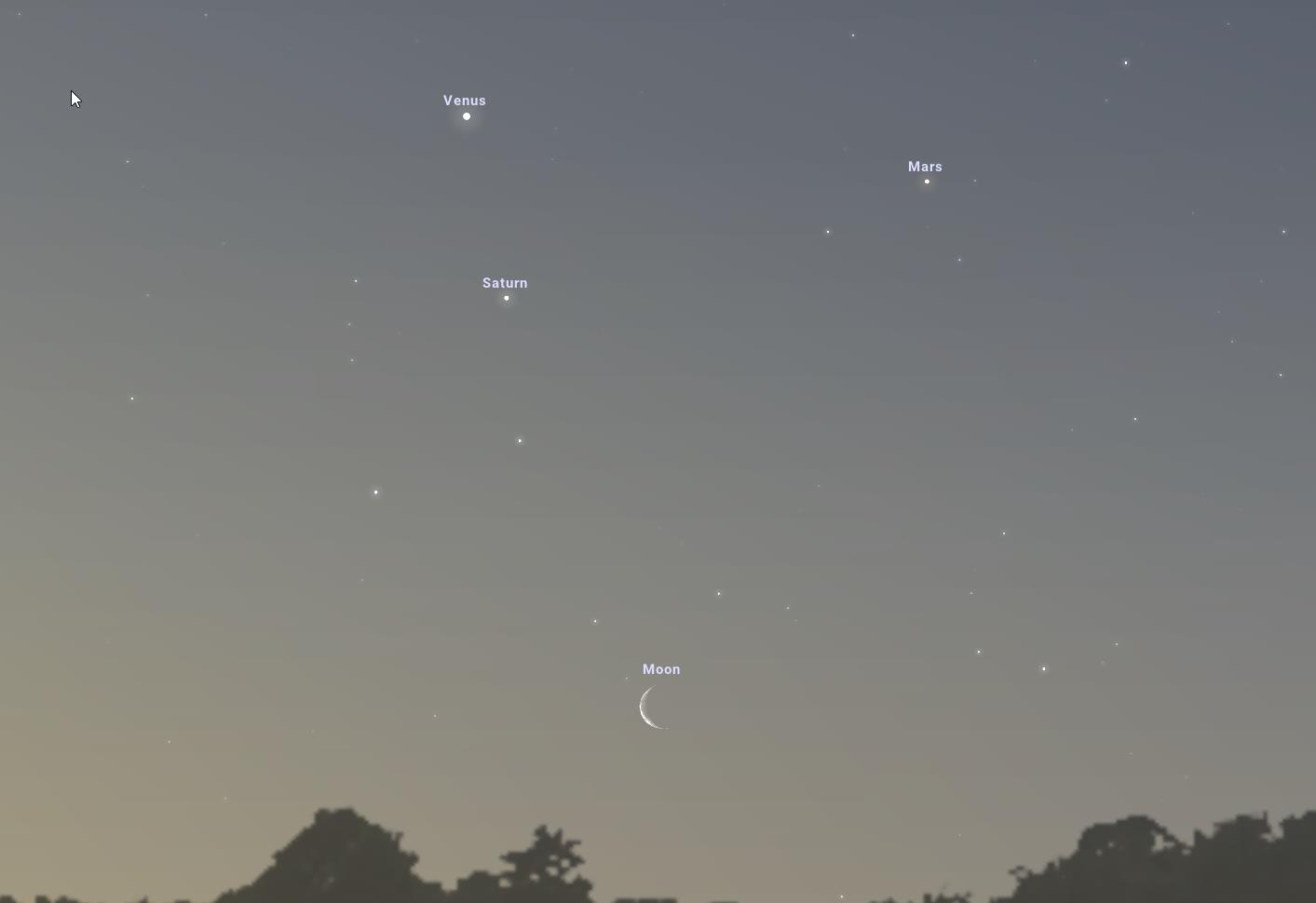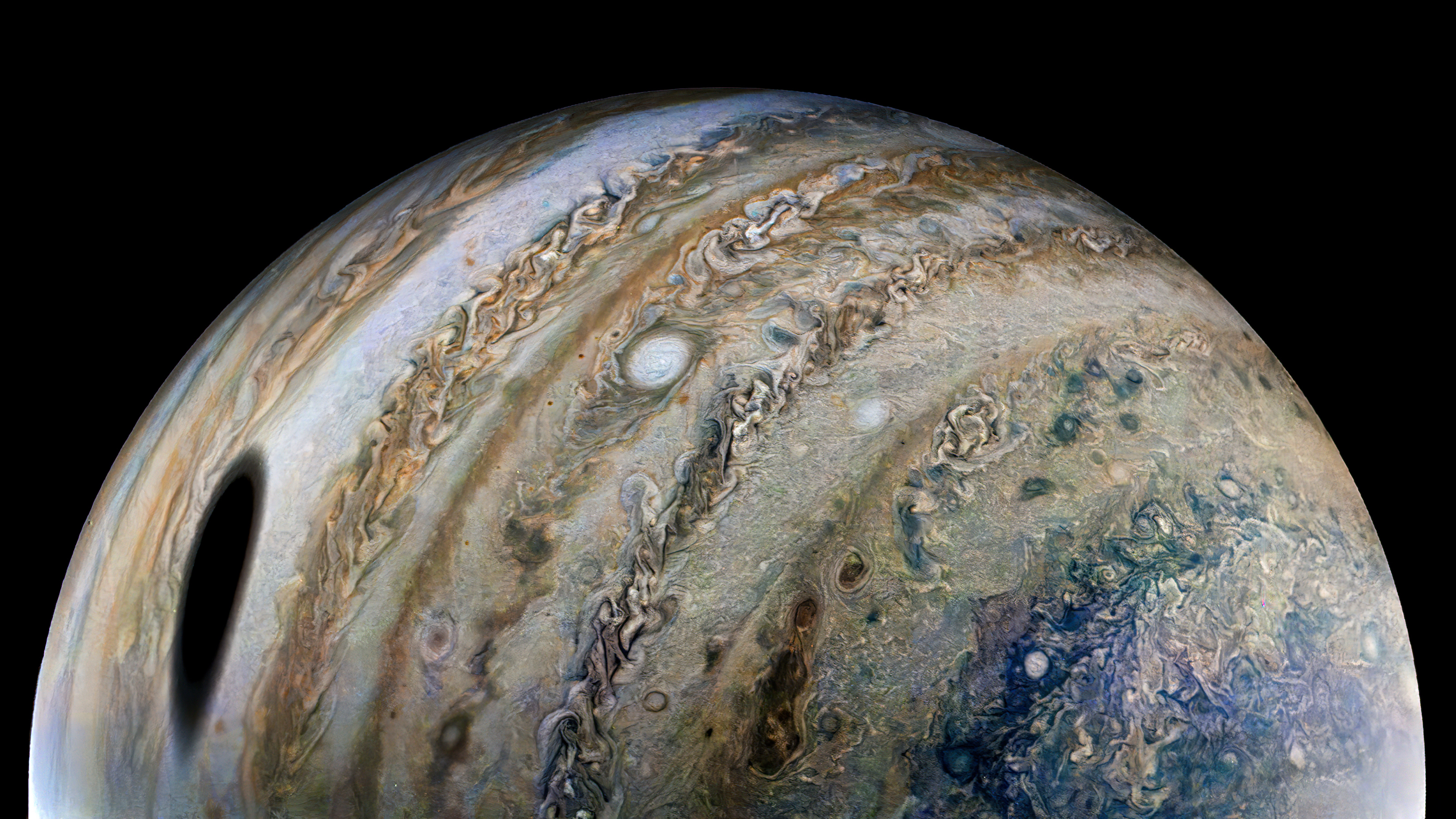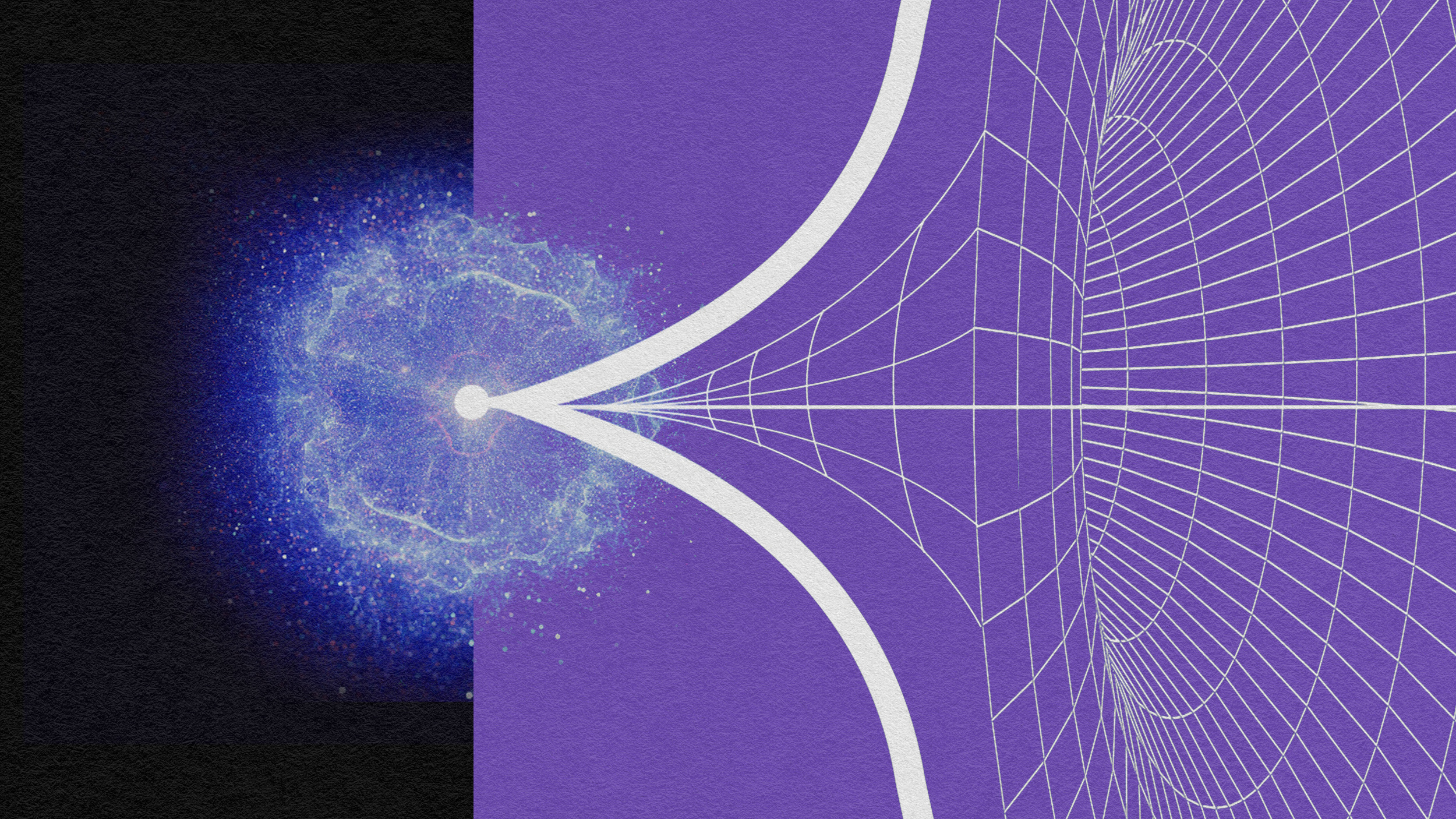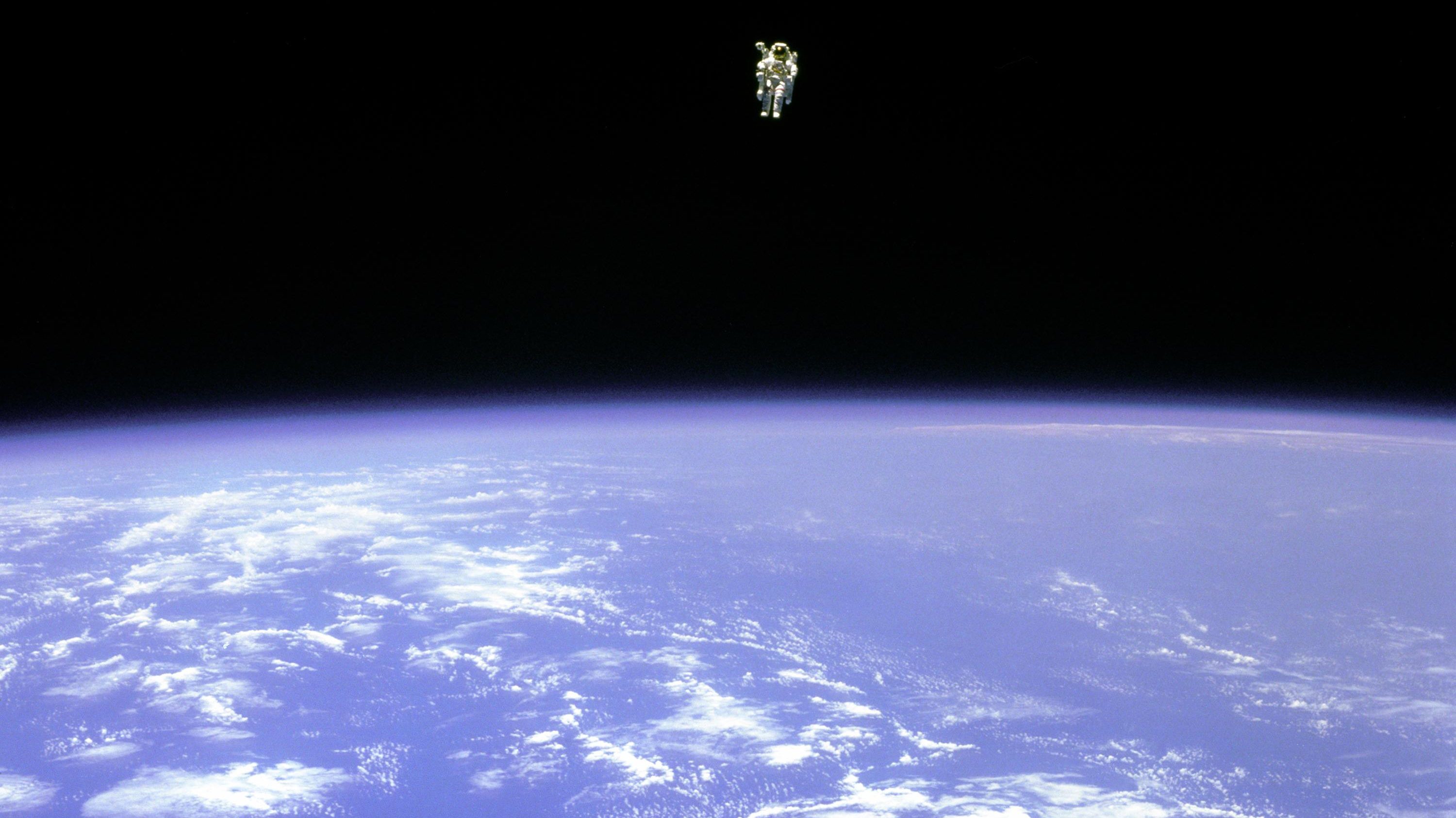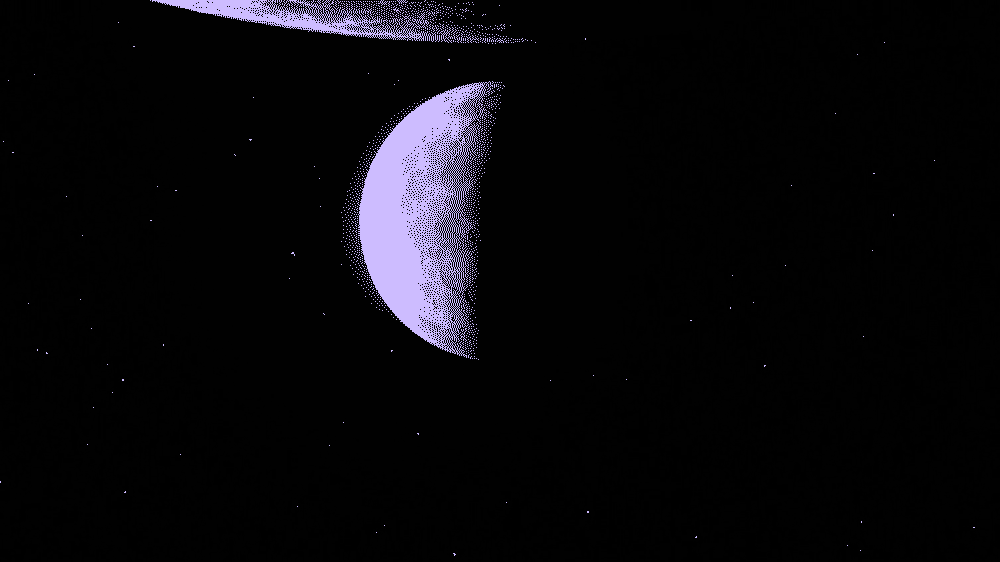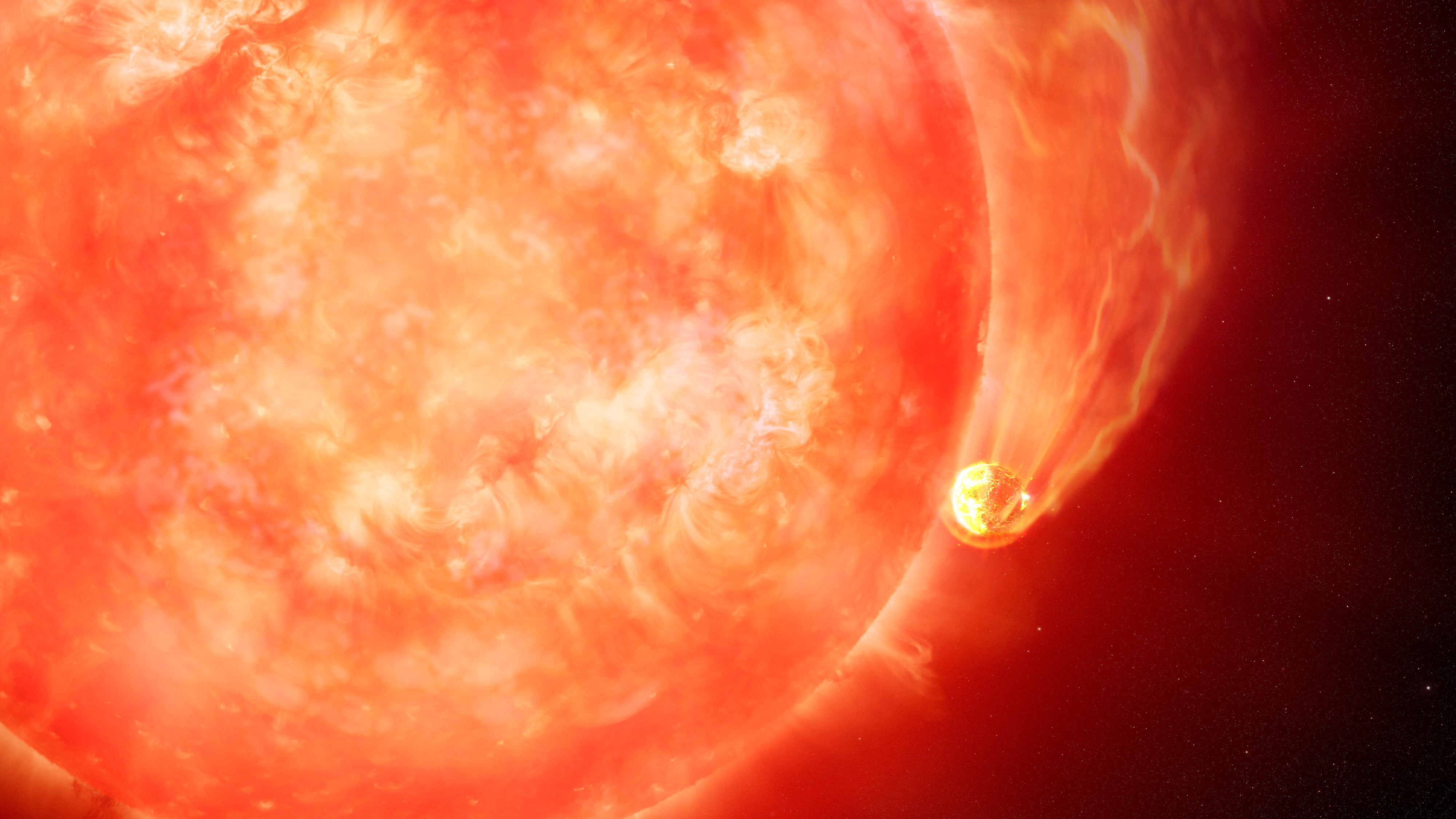As we look to larger cosmic scales, we get a broader view of the expansive cosmic forest, eventually revealing the grandest views of all.
Search Results
You searched for: Mercury
Using peach and eggplant emojis as shorthand for sex may seem like a new thing, but Renaissance artists were experts at using produce to imply intercourse.
Based on the atoms that they’re made out of, the innermost planet should always be the densest. Here’s why Earth beats Mercury, hands down.
Many impact craters on Earth have been erased thanks to wind, water, and plate tectonics. But scientists have clever ways to find them.
Considering the astronomical occupational risks, life insurance was prohibitively expensive for the first NASA astronauts.
But make sure you bring the fossegrim the proper offering—or else.
The space telescope’s findings challenge the notion of a galaxy brimming with life.
Recent claims put LK-99 as the first room temperature, ambient pressure superconductor ever. Has the game changed, or is it merely hype?
Alchemy had its golden age in the 17th century, when it counted Isaac Newton and Robert Boyle among its adherents.
How to juggle while walking a tightrope — at work.
JWST just found its first transiting exoplanet, and it’s 99% the size of Earth. But with no atmosphere seen, perhaps air is truly rare.
No matter how you define the end, including the demise of humanity, all life, or even the planet itself, our ultimate destruction awaits.
The boiling new world, which zips around its star at ultraclose range, is among the lightest exoplanets found to date.
Bend it. Stretch it. Use it to conduct electricity.
An army of replicators belonging to national laboratories, research universities, and amateur garages is rushing to replicate ambient superconductivity in LK-99.
Inflation, dark matter, and string theory are all proposed extensions to the prior consensus picture. But what does the evidence say?
Adams was infamously scooped when Neptune was discovered in 1846. His failure wasn’t the end, but a prelude to a world-changing discovery.
In 2017, we detected gold being forged in a neutron star-neutron star merger. Now, in 2024, the amounts created simply don’t add up.
Finding a tiny planet around bright stars dozens or hundreds of light-years from Earth is extremely difficult.
There are a wide variety of theoretical studies that call our Standard Model of cosmology into question. Here’s what they really mean.
The first observational evidence showing the Universe is expanding is 100 years old now: in 2023. Here’s the story of its 100th anniversary.
In the night sky for March of 2022, only stars and the Moon, not planets, will greet you. The real show, however, arrives just before dawn.
The classic picture of Jupiter’s great rocky core might be entirely wrong.
The “first cause” problem may forever remain unsolved, as it doesn’t fit with the way we do science.
Even without the greatest individual scientist of all, every one of his great scientific advances would still have occurred. Eventually.
In physics, we reduce things to their elementary, fundamental components, and build emergent things out of them. That’s not the full story.
When the average person has a “theory,” they’re just guessing. But for a scientist, a theory is the pinnacle of what we can achieve.
The Earth that exists today wasn’t formed simultaneously with the Sun and the other planets. In some ways, we’re quite a latecomer.
So far, two papers have been retracted, and a third is under investigation. Accusations of plagiarism appear convincing.
Many planets will eventually be devoured by their parent star. For the first time, we caught a star in the act, eating its innermost planet!
